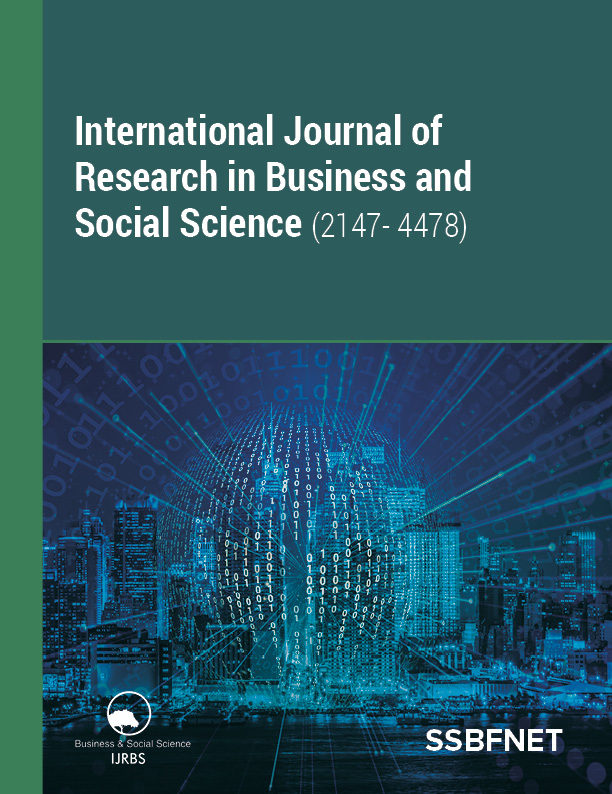
International Journal of Research in Business and Social Science
Yazarlar: Diana Ria Winanti Napitupulu, Abdul Rachmad Budiono , Siti Hamidah , Hanif Nur Widhiyanti
Konular:-
Anahtar Kelimeler:Bank,Macroeconomic,Failed Bank,Regulation
Özet: Referring to the provisions of Law Number 7 of 1992 and its amendments to Law Number 10 of 1998 concerning Banking, it is explained that a Bank is a business entity that collects funds from the public in the form of deposits and distributes them to the public in the form of credit and or other forms of to improve the standard of living of the wider community so that the banking industry greatly affects the overall stability of the economy because banking institutions are intermediary institutions that bridge people who do not need their funds (surplus) to be deposited in banking institutions as deposits and distributed by these institutions to people who need them in a productive form of distribution. The role of banking institutions is systemic; in other words, banking is an important part of the economic system which will cause a multiplier effect if it is not healthy or in this case, it becomes a failed bank. The main function of banking in macroeconomic policy infrastructure is indeed directed in the context of how to make money effectively and efficiently to increase economic value, which requires the role of regulation in the economic sector as a rule for the essence and existence of banking institutions in carrying out their operations. This study is normative legal research that uses several approaches namely: the statute approach, the case approach, the historical approach, and the conceptual approach carried out with juridical concepts of banks, failed banks, bank restructuring, macroprudential and microprudential. The objective of this study is to comprehensively explain the model and system for rescuing failed banks that meet the benefits principles.